How To Treat Symptoms of Uveitis: Everything You Need To Know
Uveitis is an inflammation that happens in the uvea, the middle layer of the eye. This can cause different problems such as eye pain, redness, and irritation to light and blurred vision. An untreated uveitis leads to undoubtedly complicated problems and it even results in permanent vision loss.
Yet, by being advised in time and carrying out the prescribed therapies, many individuals can control the symptoms effectively. In this article, we shall talk about how to treat symptoms of uveitis.
Recognizing Symptoms:
The first thing to do when encountering uveitis is to observe and recognize the symptoms. They can include tired eyes with pain, eye redness and oversensitive to light, or even floaters (moving specks or clouds moving in your vision).
Seeking Medical Attention:
Whenever you notice such signs, it is very important to consider visiting your physician on an emergency basis. Clinical specialists, including an ophthalmologist, make an eye exam that allows the doctor to establish a diagnosis of uveitis.
Treatment Options:
In the treatment of uveitis, doctors strive to stop inflammation, ease the symptoms, and minimize the progress of accompanying complications. Treating plan will depend on the degree of the swelling and the pathological background of uveitis. Common treatment options include:
- Topical Steroids: Eye drops having corticosteroids saturate the surface of the eye to calm pain that occurs as a result of the inflammation.
- Oral Medications: Steroids or other immunosuppressive drugs, which are used for providing anti-inflammatory treatment, could also be required to keep the inflammation under control.
- Eye Injections: In case of aggressive inflammation, your doctor may suggest an injection of corticosteroids or other ones involving the eye.
- Surgery: Surgery is used in rare cases, just to manage the complications that may arise, with these being mainly cataracts and glaucoma. Uveitis specialists in Delhi are experts who can deal with such issues with ease.
Managing Pain and Discomfort:
Below are some measures to be followed to manage pain and discomfort during uveitis:
- Use of Eye Drops: Follow your doctor’s instructions for using the eye drop prescribed, to lower the tension and swelling.
- Apply Warm Compresses: Using a warm compress may be a possible remedy to relieve pain in that eye.
- Wear Sunglasses: Wear sunglasses to protect the eyes from bright light and sunlight, especially UV rays.
- Avoid Contact Lenses: To protect your eyes, wear glasses instead of contact lenses since the former can make irritation and discomfort associated with dry eye even worse.
On completing the therapy for the uveitis issues, a close follow-up session is very relevant to have with your eye specialist. They will measure your progress over time, advise when changes to the plan are necessary, and alert you about any complications or signs.
Preventing Recurrences:
The uveitis may be persistent over long periods. To reduce the risk of recurrence, it’s essential to follow the below pointers:
- Monitor Symptoms: Keeping an eye on any change in your vision or the functions of your eyes makes it necessary that you communicate them to your doctor immediately.
- Manage Underlying Conditions: Make sure to work closely with your doctor in case the uveitis is caused by an illness, mainly an autoimmune disease, to have this provision fully under control.
- Practice Eye Safety: Saving your eyes from damage and infections by wearing safe eyeglasses while participating in activities that pose a risk to eye health is also among the good eye care habits that should be considered.
- Lifestyle Changes: Among prevention care for the symptoms of uveitis, it is also essential for maintaining eye health that lifestyle adjustments can aid with:
- Quit Smoking: Smoking can cause inflammation and increase the chances of eye risk disorders.
- Eat a Healthy Diet: Takes a balanced diet containing a lot of fruits, vegetables, and omega-3 fatty acids which helps reduce inflammation and promotes healthy eyesight.
- Manage Stress: Stress, which speeds up the body’s inflammatory condition is a grave reason for eye disorders. Attempt practices like meditation, yoga, or breathing deeply.
Final Overview
To sum up, uveitis is a dangerous eye disease that demands rapid and effective action to recognize the cause and start treatment. Early detection of symptoms together with timely medical help and then strict treatment can allow people to keep their symptoms in check and even reduce the risk for any complications. Visiting the best eye hospital in Delhi can guide a person through the entire procedure.
Mohan Eye Institute is one of the best eye healthcare centers which has a group of specialized doctors taking the utmost care of people with proper treatment suffering from eye disorders. Check them out now!

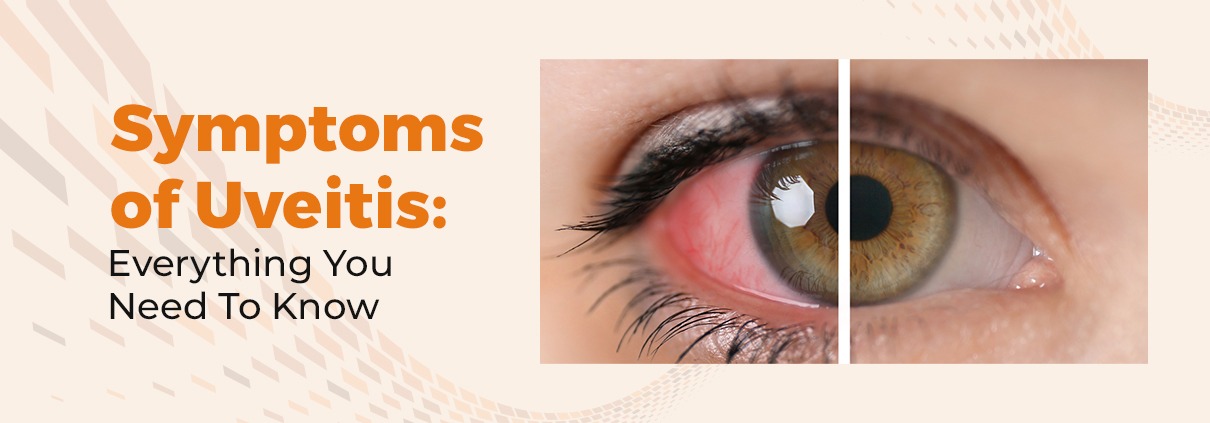
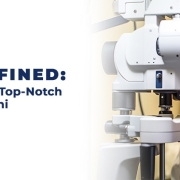
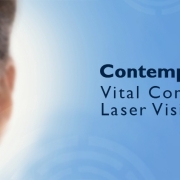
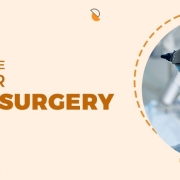
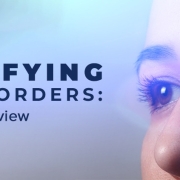
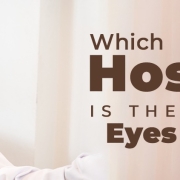



Leave a Reply
Want to join the discussion?Feel free to contribute!